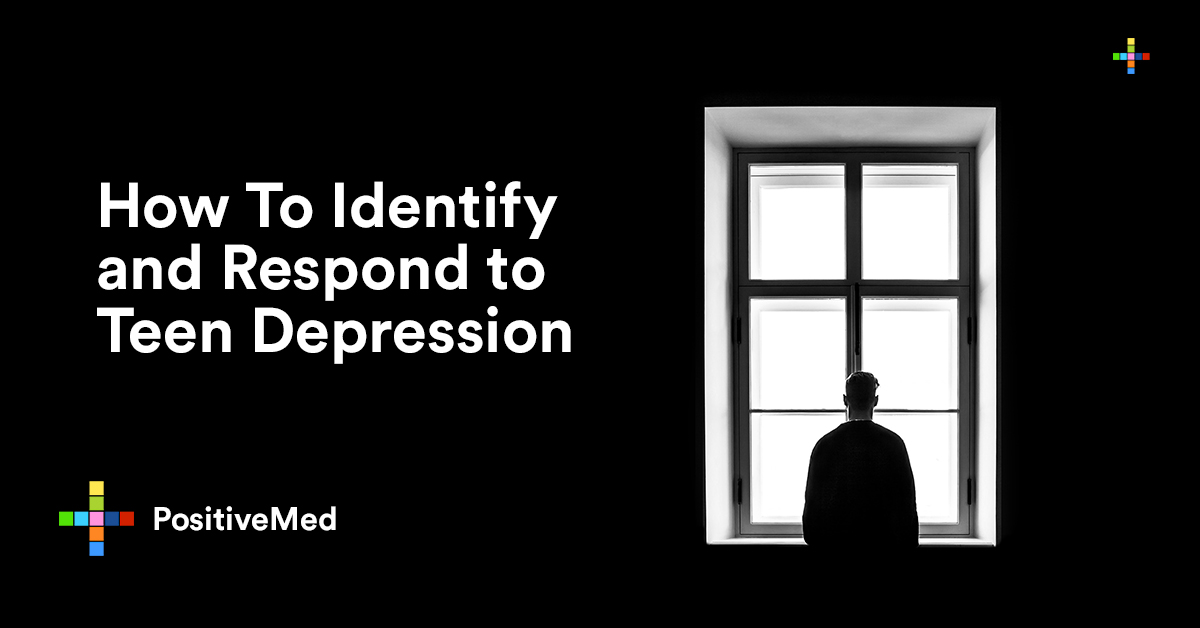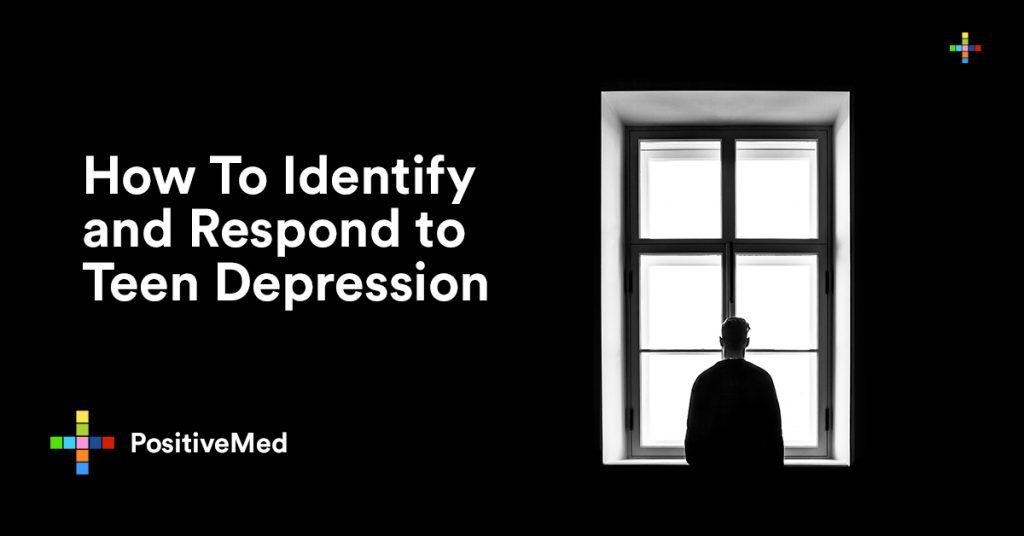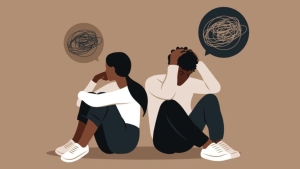Teenagers undergo a lot of pressures, from hormonal changes during puberty to workload at school. Because of these challenges and uncertainty, it’s difficult to tell the difference between the growing pains of being a teenager and depression. However, teen depression doesn’t only involve changes in mood. It happens to be a serious health condition that interferes with various aspects of a teenager. Luckily, it can be treated through parental intervention. Your support, love, and guidance can greatly help your teen to cope with depression and enjoy a normal life.

Is your teen depressed?
A teen’s life can be quite harsh, and depression mostly affects teenagers than most people think. In fact, approximately one in five teenagers from all over the world become depressed at some point in their teen years. Although depression can be treated, most teens do not receive help.
Teen depression goes beyond a gloomy mood. It can ruin their personality and cause an overwhelming sense of despair, sadness, or anger. Unhealthy behaviors and rebellious mood can signal that your teen is depressed. Here are some ways teens react while trying to cope with their emotional pain:
Issues with school work
Depression can interfere with performance in school work due to loss of concentration and low energy. It can be due to poor attendance, low grades, or frustrations with schoolwork.
Escaping home
Some depressed teens run away from their homes or discuss about running away. These are some attempts to show their parents or their peers that they are in need of help.
Violence
Depressed teens particularly who happen to be victims of bullying can become violent or more aggressive.
Substance abuse
Illegal drugs and alcohol use are some ways teens try to self-medicate their depressive feelings. Unluckily, substance abuse only worsens their condition.
Low self-esteem
Depression can amplify feelings of unworthiness, ugliness, failure, and shame. They may feel like they don’t fit in their current situation.
Recklessness
A depressed teen can engage in dangerous or careless behaviors, such as unsafe sex, careless driving, and binge drinking.
Depression in teens can as well be associated with other mental problems like self-injury and eating disorders.
Symptoms of Teen Depression
Adults who experience depression can recognize that they need help and go for support. However, teens usually depend on their caregivers, parents, and teachers. Although depression symptoms may not be apparent, here are some things to watch out if your teen seems depressed:
Hopelessness or sadness
Increased irritability, hostility, or anger
Frequent crying or tearfulness
Loss of interest in previously enjoyable activities
Agitation and restlessness
Declined performance in school
Altered eating and sleeping behaviors
Low energy and fatigue
Suicidal thoughts
Feeling of guilt and worthlessness
Unexplained pains and aches, such as headaches or stomachaches
Increased sensitivity to criticism
Withdrawal from some friendships
Assisting Your Teen to Cope with Depression

If left untreated, depression can be very dangerous. You shouldn’t think that the worrying signs in your teen will eventually disappear. If you notice a combination of the above symptoms in your teen, bring up the topic in a loving manner. You shouldn’t be judgmental at all. Even if your teen is not depressed, such symptoms can indicate there is an underlying issue that should be dealt with.
You should start by opening up a dialogue and let him/her know about the specific signs of depressions you have identified and why they are concerning you. The next thing is to let your child share about what s/he is undergoing and be willing to give an ear. You should hold back from asking too many questions but make them aware that you are ready and willing to give the support they require.
Tips To Help a Depressed Teen
Buoy up social connection
Teens with depression tend to isolate themselves from friends and previously enjoyable activities. Isolation can only worsen their condition, and it’s your role as a parent to help them reconnect. Set aside some time daily to talk with them face to face. Encourage them to socialize by getting involved in activities like school clubs, dances, art, and sports.
Encourage physical activities
Mental and physical health inseparable and depression can be worsened by inactivity, poor sleep, and poor diet. As a parent, you should encourage your kids to get moving in an enjoyable workout. It can be even more fun if you join them.
Limit screen time
It is common for teens to go online in an attempt to escape their miseries, which can take up time for physical activities and face time with family members or friends. These can worsen their depression.
Encourage healthy eating
Ensure your kids are taking balanced meals with nutrients and minerals for optimal brain function. Include quality protein, healthy fats, and fresh produce. Discourage starchy or sugary foods and drinks that most depressed teens and adults often turn to for resort.
Ensure quality sleep
Your kid requires 9 to 10 hours of sleep every night. Discourage staying up until late hours, Adequate rest is essential for all body functions, including the brain.
When to Seek Medical Help
Parental support and healthy lifestyle changes can significantly help your teen to cope with depression. However, the symptoms can at times turn out to be very severe. Don’t let your lovely teen become overwhelmed with depression if all your efforts aren’t fruitful. Contact a certified mental health professional with experience in treating depression in teens.






